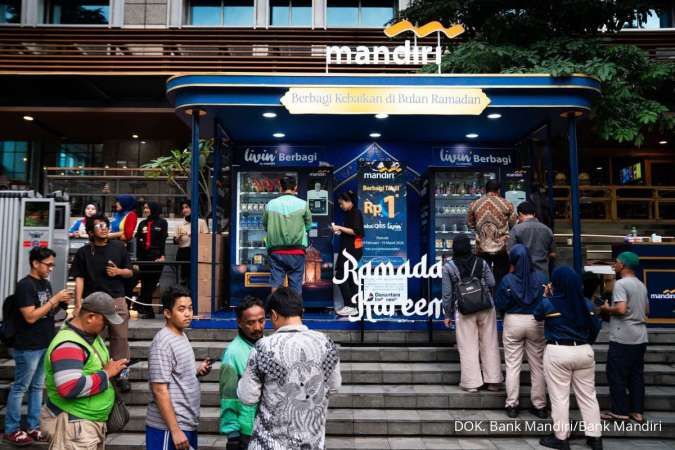JAKARTA. Despite of domestic and foreign barriers, such as the moratorium of palm plantation in Indonesia and the massive negative campaigns against palm productions in the Europe and the US (the United States of America) markets, the domestic palm plantation business is still attractive for some foreign investors. Recently, Chinese investors have expressed their interests in investing in palm plantation. To date, China is one of the main markets of crude palm oil (CPO) products from Indonesia. “There was a meeting with Chinese investors, who are attracted with palm business,” said the Deputy of Food and Farming at the Coordinating Minister of Economic Affairs Musdhalifah Machmud.
However, Musdalifah was still reluctant to reveal the details of the result of the meeting. As an information, Chinese delegates and a number of palm companies held a closed meeting on Tuesday (22/11). The meeting discussed the interests of Chinese investors to enter the palm business in Indonesia. Actually, Chinese investors had planned to invest in the palm business since 2013. However, the plan was gradually impeded due to the decrease in the global price of palm during the recent two years to US$ 600 per metric ton in average. Furthermore, the government has announced the moratorium of the expansion of palm plantation. The plan resurfaced this year following the increase in the global palm oil price. Let alone, the export of palm oil to China has been shining. As of 2015, the Indonesia’s CPO (crude palm oil) exports to China increased by 64.19% to 3,99 million ton compared with 2.43 million ton in 2014. Executive Director of the Association of Indonesian Vegetable Oil Industry (GIMNI) Sahat Sinaga said that China started realizing the huge potential markets of CPO in their respective countries. Sahat said that China will need additional 3 million ton of CPO if the country’s middle class grows by 2%. “This is good for Indonesia, if the Chinese are attracted to invest in Indonesia,’ he said.
The China’s market absorbs less Indonesia’s CPO products than the European Union’s market, which in average can absorb 4.5 million ton of CPO per year. However, Sahat said that the China’s market is more attractive, on the grounds that China has less rules and demands on standardization compared to the European Union. Plantation observer Gamal Nasir said that China had been interested in investing in palm business in Indonesia. However, this was unrealized due to the land issue. Gamal, who is also former Director General of Plantation at the Ministry of Agriculture said a company is allowed to have palm plantation of no more than 100,000 ha. This has made Chinese investors to delay their plans to invest in Indonesia. Let alone, last year President Joko Widodo has announced the moratorium on palm plantation. Indonesia also has concern on the foreign employees. As is known, China often requires opportunities for their citizens to work in an investment destination. “The government should be aware of this issue,” he said. (Muhammad Farid/Translator)



